David vs. Goliath: How Dental Startups Can Triumph Over Corporate Dentistry
Are you an associate dentist contemplating the path to practice

I hate to break it to the “experts” out there who offer their “humble but helpful” advice to all the curious but unknowing associate dentists, but opening a dental practice is not that difficult.
Consider the simple 2 Steps to Start a Dental Practice:
Step 1: Get a building.
Step 2: Install dental chairs.
BAM! You’ve got yourself a dental practice.
But here’s the question: if it were really that easy, why do so many startup doctors struggle?
If you’re researching how to start a dental practice, this question makes perfect sense.
My name is Jayme Amos, CEO of Ideal Practices. My team of consultants and I have guided hundreds of associate dentists to open successful dental startups in almost every state in the country. Hundreds.
And we are the experts with the REAL answers.
Sure, any dentist can put some dental chairs in a building and hang an “Open” sign. But do you want to open a dental office, or do you want to have a successful practice that opens for you?
In this article, you will learn about 6 topics to help you avoid the typical dental startup struggles so you can own a successful practice.
Let’s begin…
Are you an associate dentist contemplating the path to practice
Opening a new dental practice is an exciting journey, but
Deciding between launching a new dental practice and acquiring an
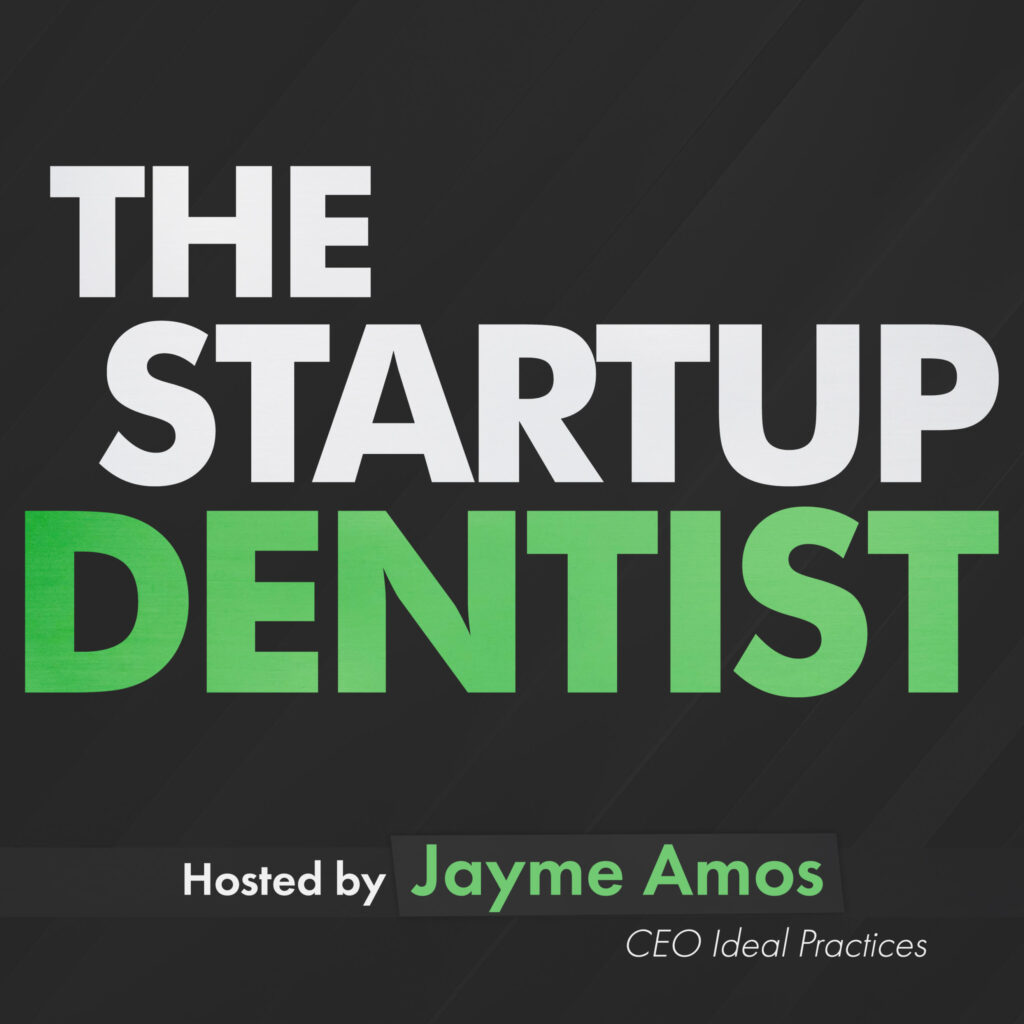
Every year, my consulting team helps associate dentists with no business experience open startups that go from zero to a million dollars in production—many in their first year.
The results literally change the lives of associate dentists all over the country. You should see how proud they are on opening day!
BETTER YET—you should experience the excitement for yourself at the grand opening of YOUR dental practice! And imagine this: Not only is it opening day, but you already have over 100 new patients. Talk about success from the start!
But too many associate dentists open new dental offices and struggle for years to get profitable. Some never even grow their practice to become full-time, having to continue their associateship several days a week while wasting their life savings in the process. Others have gone bankrupt.
It doesn’t have to be that way. I assure you.
When you follow the proven process, I can show you how to have a successful practice that you’re proud to own, even on opening day.
Though it’s not a guarantee, it takes away the confusion and the risk when you have a predictable process working for you.
Which brings us to the real question…
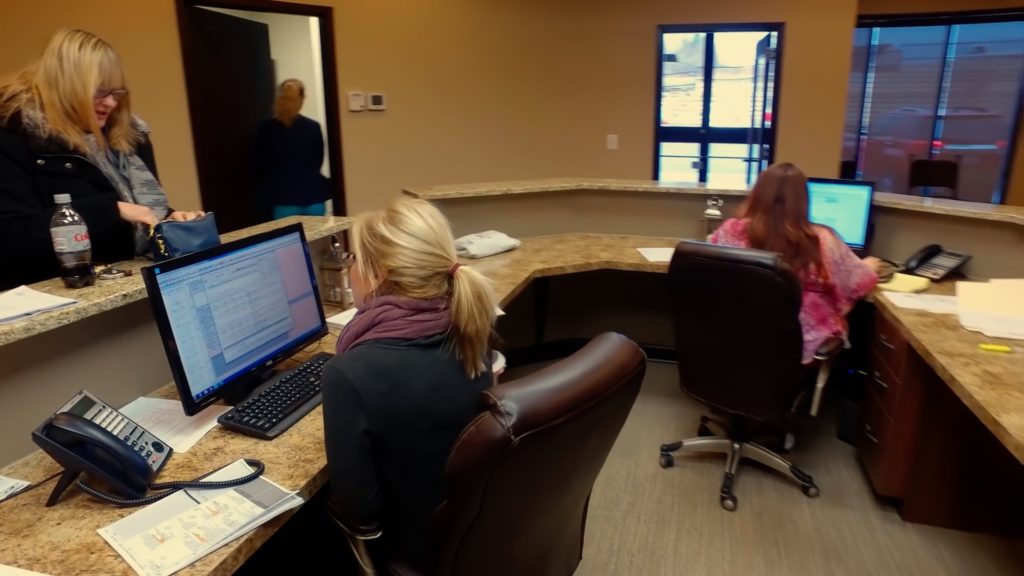
If you’re an associate dentist and you’re researching how to start a dental practice, I want you to know the #1 reason most dental startups struggle.
It’s not demographics. It’s not marketing. It’s not real estate, hiring, finances, or even clinical skills. I can confidently tell you it’s none of those things.
The #1 reason startups struggle is because their focus is on “getting open.”
Be careful—you might think this sounds simple.
But when you understand this concept, you will avoid the risks and mistakes that hurt colleagues with dental practice startups.
This is why I’m sharing the 5 checklists and resources in this article. I can only personally help a handful of doctors each year, but I want to see every dentist with a desire to own a dental office succeed.
*HINT* You may want to bookmark this page. There is so much helpful information and real, proven advice packed into it—you will likely want to revisit this page multiple times.
In fact, dentists email me every month asking for help and describing their struggles with their dental offices.
Why?
Doctors who focus on “getting open” experience these things:
Can you imagine how these create problems with a new practice?
Sadly, those doctors try so hard. They accidentally increase risk and, in many cases, make irreversible bad choices in the process.
Many of your colleagues end up on this path. They spend months—even years—trying to learn how to “open.”
But they get it wrong. There’s a huge difference between “getting open” and having a SUCCESSFUL dental practice open for you.
Getting “open” requires some knowledge of the following:
Compare that list to what comes with a successful startup:
If you want to learn how to open a dental startup, you could try to “Dr. Google” your way to opening your dental office…but be careful. While Google can “answer” all your questions, you can’t learn everything there.
Notice how each one of the above skills can be a career’s worth of information.
This is your “aha” moment: With a startup, you get just one chance to get it right. When you do, you can enjoy decades of practice ownership that is created with your standards from the beginning.
Next, we will cover the Top 9 Planning Questions:
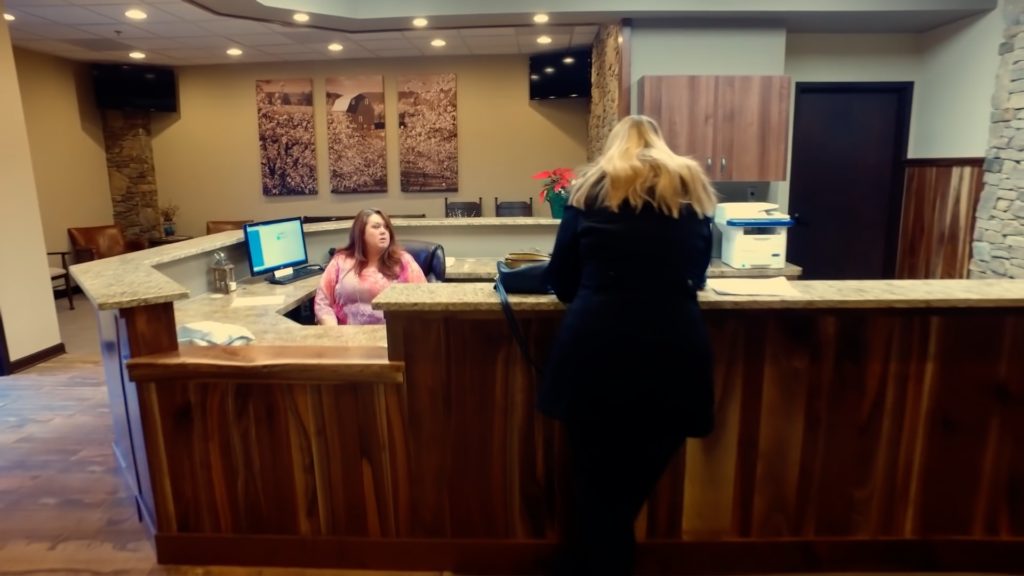
If you want to follow the proven process, start with planning a customized vision.
Did you get that? CUSTOMIZED.
Here at Ideal Practices, we have created and implemented HUNDREDS of customized plans that have led to highly successful practices.
One of the most important things you can do is ignore the cookie-cutter approaches and social media forums.
By planning your vision properly, you focus on the real goals. You go beyond “getting open.”
9 Questions for Startup Vision Planning:
Imagine how much clarity you will have when you have answers to these questions. With these answers, a customized business plan can be created for you.
The team of consultants at Ideal Practices will help you answer these questions and customize a plan that matches your vision. Then, our team builds the entire strategy for your customized dental practice model through REVERSE-ENGINEERING.
This is how we help new practices open predictably, anywhere in the country. This is how we make the dreams of dental office ownership come true while remaining true to the vision of each doctor we work with.
Unfortunately, most associate dentists focus on the wrong pieces. They get stuck on “getting open” and miss the important stuff.
When I stepped off the stage at a large dental conference last year, a young dentist ran up to me. We’ll call him Dr. Xavier. Seeing the stress on his face, it was completely obvious that Dr. Xavier was anxious about something.
Dr. Xavier shared his story, saying he was desperate for advice. I listened closely as he described risking everything to open the doors of his practice.
Now nearing his first anniversary, he was barely scraping in $20,000 per month. With production levels that low, he couldn’t keep up with his many bills. Xavier was sinking further and further into debt.
I predict he was two wrong moves away from losing everything he had sacrificed so much to build.
Dr. Xavier’s story is like so many heartbreaking stories I hear from dentists.
He was failing.
What did Dr. Xavier do wrong?
He worked hard. He researched for hours. He joined Facebook groups. He looked at piles of demographics data. He spoke with colleagues. He received batches of random opinions.
He had done everything he could—on his own with the limited knowledge he had about a startup practice.
His Biggest Mistake? He acted like a WebMD patient
You’ve seen that patient, right?
WebMD Patients spend hours researching, trying to diagnose themselves. They think they can put together a treatment plan on their own with nothing more than “helpful” advice.
They ask their friends for opinions. They read WebMD and search on Google. They poll Facebook friends and put out “in search of” posts.
Let me ask you: When your patients bring that kind of research information to you as their dentist, is ANY of it helpful?
Why would the opinions of their neighbors, friends, family members, and online strangers matter for the customized needs of that patient?
Even with all the research, the WebMD patient will only bring unnecessary questions and unhelpful advice because no one giving answers examined him. Most didn’t even go to dental school.
Doctor Xavier was accidentally acting like the WebMD Patient.
He was attempting this on his own. And failing as a result.
As I listened to his story, I pinpointed several areas where this brilliant doctor had blundered, despite his best intentions.
But his absolute worst mistake was focusing his efforts on getting his doors “open” while believing everything else would just fall into place.
Your startup will match your planning stage. This can be good or bad, depending on how effectively your planning strategies are.
Some colleagues are just plain lucky, to whom success seems to happen without lifting a finger. But, for the vast majority of us, success doesn’t just happen. For people like us, we plan it. Create it. Build it.
Then, after hundreds of attempts, results finally become more predictable.
It’s like that for dental startups.
And this is where doctor Xavier had failed—he hoped his first time would be plain lucky.
But this is where the team at Ideal Practices can help you succeed with a proven planning process.
My team of consultants and I have helped hundreds of doctors—most with zero business experience—create successful private practice dental startups.
I want to show you the world of difference that working with professionals can make when it comes to building a successful practice.
Check out Dr. Nadya’s story.
You will see—in her words—how she says, “I am a much happier dentist now.”
How?
Through our process, she found a sense of pride and fulfillment—and has a highly profitable practice too.
Next, we will cover the costs for average startups:
Now that you understand the difference between opening a dental office and creating a successful startup, let’s look at the average financial costs.
What Will a dental practice startup cost?
This is one of the top questions that dentists from all across America ask me.
There are 8 primary factors that affect the costs of a dental startup:
Average Costs:
With the 8 factors above, the nationwide average cost of a dental practice startup can approach $500,000.
The most important topic related to the cost of a dental startup is designing a budget with proper funding for your customized plan.
With a budget, you will be able to enjoy having balanced spending categories. This gives you the freedom to invest the right amount into your dental practice model.
How to Lower the Costs for Your New Dental Practice
Dr. Bryan saved over $500,000 in just two stages.
First, he wanted to open his dream practice but was worried he would have budget problems in the size of the facility. During his Vision Stage, we explored a potential space of 5,000 square feet.
That would be a huge dental office! We were able to show him a modified plan that gave him just as many operatories for half the cost, in the same building.
This saved him $200,000 on Real Estate through negotiating the size and scope of the footprint on his portion of the building.
Next, we reached the equipment stage of his dental practice and negotiated another $300,000 off the price of his equipment.
This totaled over $500,000 in savings from just two stages!
You can watch Dr. Bryan’s entire story in the Startup Practice Documentary here:
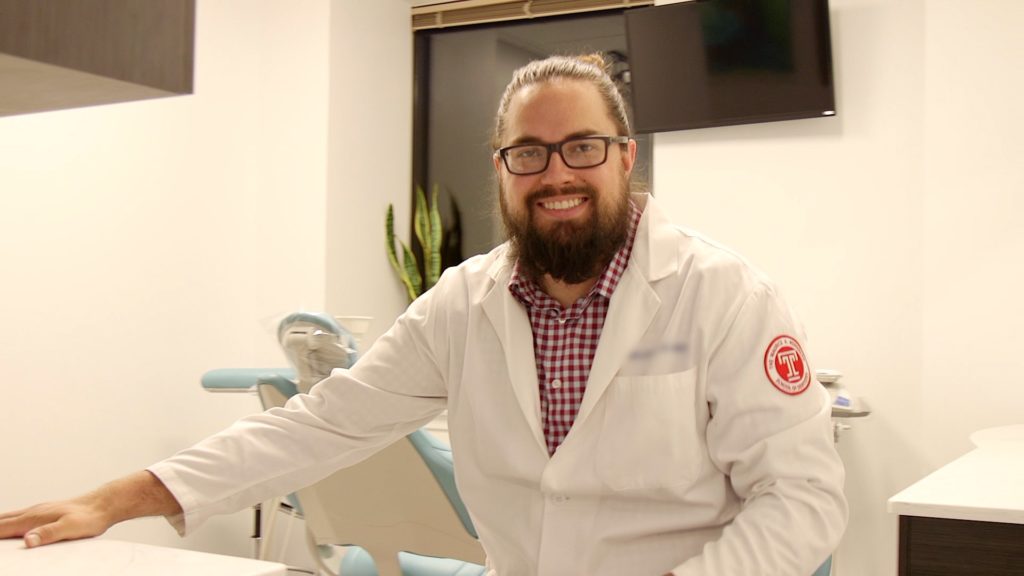
If you need extreme cost-reductions, here are 4 cheap and easy methods to cut costs with your dental startup:
But are those the things you want for your dental office?
There is no right or wrong answer, but your choices for cost-cutting will have long term effects on the future of the practice.
For example, if you have the world’s smallest dental office…in the most rural area… with the cheapest building in town…and invest in just one chair while cutting your marketing budget…
…you WILL spend less…
But your dental practice may not even cover the costs of your student loan payments, let alone provide for your family.
Spending less is never inherently better. Often, spending less simply prevents practice growth.
Instead, focus on proper funding.
Our consulting team guides startups to plan for the right costs and fund the right plan. Then the practice can grow based on your standards, creating a dental office that matches the reputation you want in the community.
What About Lower “Risks”?
Unfortunately, some people will say you can lower your risks by spending less and cutting costs. Not true. Colleagues who have never opened more than one dental office give this advice.
Startups with the lowest risk have proper funding. Not “less” spending. The best dental startups have a balance based on a proven process.
Less is not better.
Make your top priority to open your practice with a proven plan and a budget based on hundreds of successful startups across the country.
Some “experts” will suggest you open your dental practice startup with a partner. They believe this will cut your costs and risks in half.
NOT TRUE!
When are Costs Higher for Dental Startups?
Your startup may have higher costs if:
Have we helped new practices succeed, even in situations like those? Yes, in each of those examples.
The solution for higher-cost startups is proper planning and properly funding, following a proven process, customized for your dental practice model.
Before you can finance a practice, you will need to be able to prove to a bank that you are creditworthy and capable of building a successful dental practice.
Often, banks will ask you for dozens of documents. But to begin, you should be prepared with at least the following:
However, every bank has different criteria. What one bank requires may not be needed for another.
Additionally, what a bank considers successful will vary based on that bank and its underwriting department.
Some banks may need to see your plan to break even within a year, while others may just need to know you can make your payments on time each month.
Our recommendation is to build your entire business plan before talking with banks.
For our high-level consulting clients, we customize your business plan by REVERSE-ENGINEERING your vision. We then use what we call the “silver platter strategy” to prepare you and find the right banks based on their lending criteria. We then present you on a “silver platter” and get the banks hungry to work with you. This puts you in a powerful negotiating position.
Do Banks Require Business Plans?
Some banks will tell you a business plan is needed. Others may say it is not necessary.
But for a first-time practice owner, this is irrelevant. A business plan is more than a document with graphs and text used to get your loan.
Even though a bank may not require you to have a business plan, you should have one for the business health and success planning of your dental practice.
This would be like an MD telling a patient they don’t need to brush their teeth to get their blood pressure prescription refill. While it might be true, the recommendation is irrelevant.
It’s like that for business plans and startups. Those with customized dental startup business plans have a process, a plan, and a direction for the comprehensive health of the dental office. It’s not just about the loan.
Clients of Ideal Practices have a full business plan created for them during the Vision Stage of their startup. We work with you to build this plan, and it becomes a defining piece of your budgeting and planning during our proven 13-Stage Process, which takes you from business idea to 100 patients on opening day in a year.
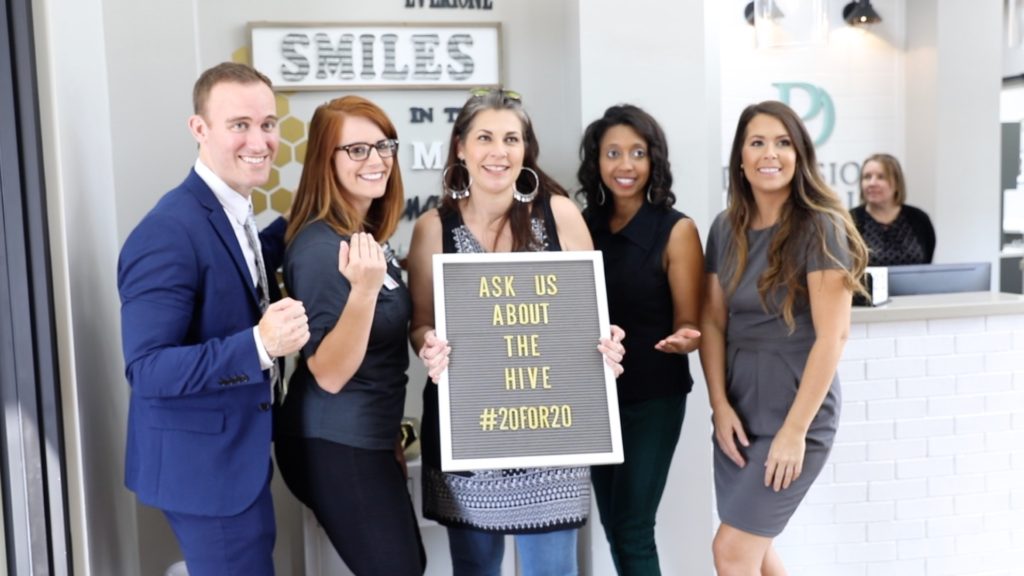
Next, we will cover what to expect after opening:
Do you believe there is such a thing as good stress? When you finally get to that finish line, good stress is what will await you.
Owning your dental office is a much bigger responsibility than being an associate. As an associate, you clocked in, served your patients, went home, and someone else worried about all the numbers.
Now, the numbers game will be yours to play. You will need to ensure:
This means that you may spend some time balancing books and doing payroll in the beginning. You can hire-out these services later on, but it’s a good idea to get a feel for them at the start.
Don’t worry, here at Ideal Practices, we will teach you all you need to know and work side-by-side with you through our Startup MBA program.
Despite the added responsibilities you take on, you will also enjoy a sense of pride and fulfillment when you control the way the dental practice is created.
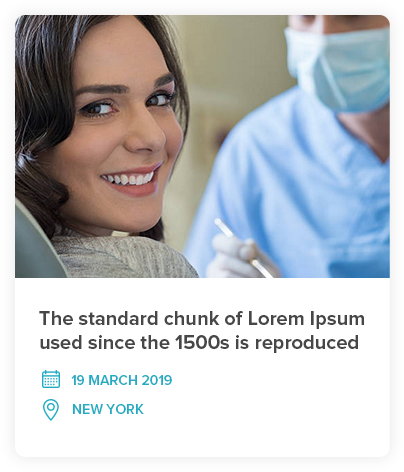
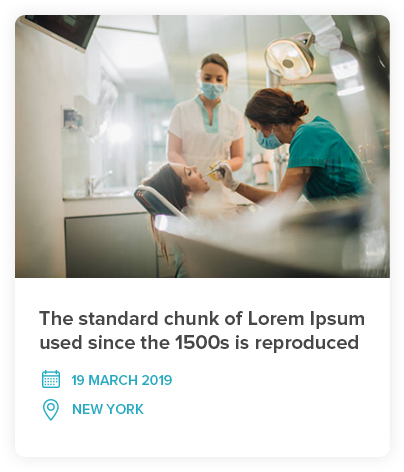
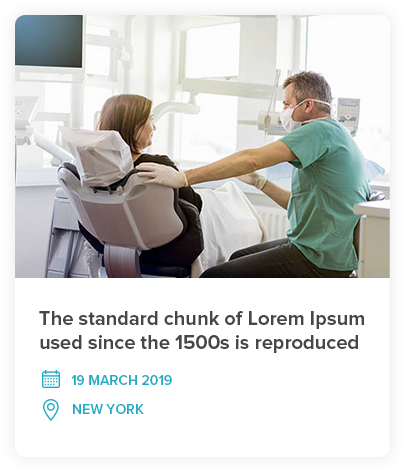
No Events Yet

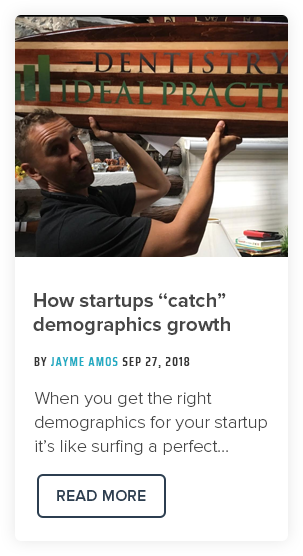
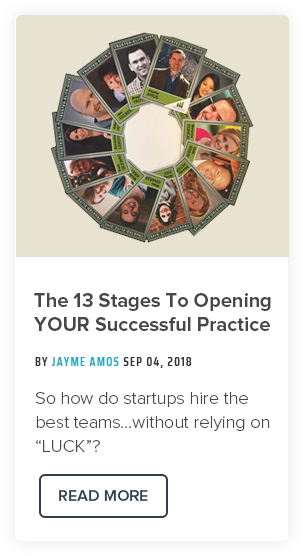
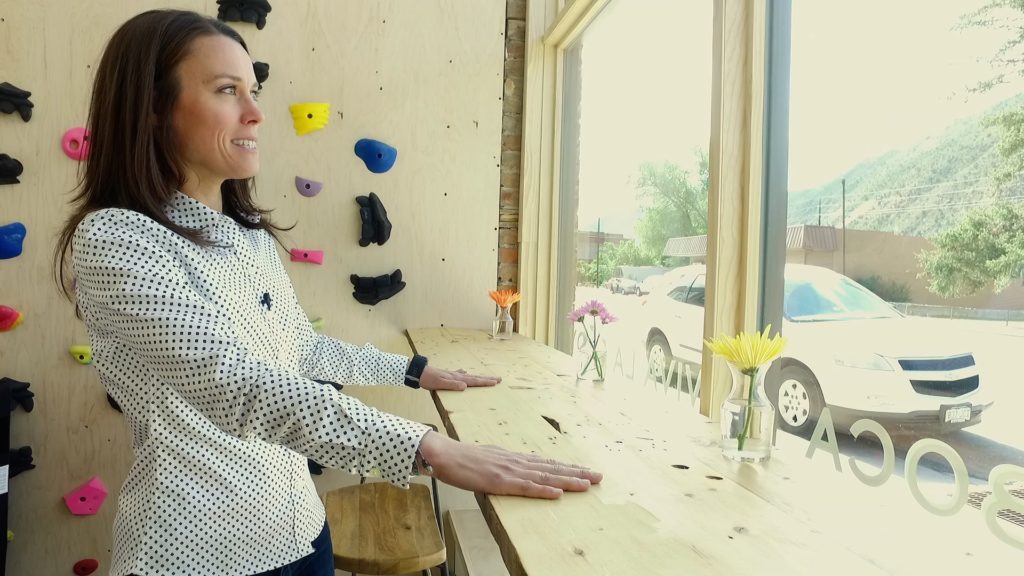
Want to learn the entire step-by-step process in a course taught by the best experts in the country?
Apply today to attend our next two-day Startup Blueprint Course.
We’re so confident this course will provide you with high-quality resources to build your best possible dental startup, we back it by our 150 percent money-back guarantee.
What are you waiting for? Check out our next available event dates to learn how to start a dental practice THE RIGHT WAY.
If you want to get started right away so you can get your dental practice open, apply now to see if you qualify. We only take on a handful of clients each year so we can remain 100 percent available and responsive. Will you be our next client?
The above link begins with case studies of Drs. David, Alexis, Gerry, Lauren, and Danny. Watch their videos and see their excitement and pride.
Privacy Policy: We hate SPAM and promise to keep your email address safe.
 Lorem Ipsum is simply dummy text of the printing
and typesetting
Lorem Ipsum is simply dummy text of the printing
and typesetting
 Contrary to popular belief, Lorem Ipsum is not simply
random text. It has roots in a piece
Contrary to popular belief, Lorem Ipsum is not simply
random text. It has roots in a piece
 The standard chunk of Lorem Ipsum used since the
1500s is reproduced below for those interested.
The standard chunk of Lorem Ipsum used since the
1500s is reproduced below for those interested.
 Contrary to popular belief, Lorem Ipsum is not simply
random text. It has roots in a piece
Contrary to popular belief, Lorem Ipsum is not simply
random text. It has roots in a piece
 The standard chunk of Lorem Ipsum used since the
1500s is reproduced below for those interested.
The standard chunk of Lorem Ipsum used since the
1500s is reproduced below for those interested.
Ideal Practices is the leading consulting firm for startup dental practices. The consulting team guides dentists to open successful startups across the country. This website is a free resource founded by Ideal Practices.
As part of our passion for global entrepreneurialism, we fund 10 new startup businesses in 3rd world countries every time a client opens a new practice. By the year 2024 this effort will empower 4000 new entrepreneurs worldwide.
Get a 1-on-1 strategy call with the top Startup Strategy Advisor in dentistry.
Learn how startups work in dentistry.